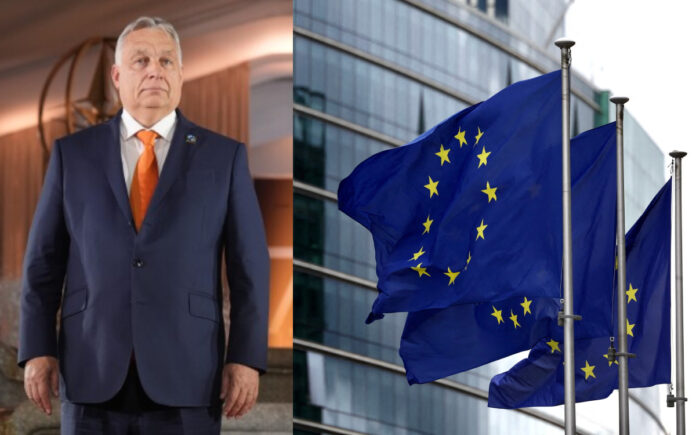Brussels: The European Union’s Foreign Affairs ministers are set to boycott Hungary’s upcoming Foreign Affairs summit in a bold move sparked by Prime Minister Viktor Orbán’s recent meetings with Russian President Vladimir Putin and Chinese President Xi Jinping. These meetings were conducted without prior coordination with other EU leaders, prompting this unprecedented response.
A Strong Reproach
According to Digi24, the EU’s decision reflects concerns that Orbán’s summit, scheduled for August 28-29 in Budapest during Hungary’s presidency of the Council of the EU, could serve as a platform for his personal agenda. Orbán has faced accusations of obstructing EU aid to Ukraine and pursuing unilateral foreign policy actions that diverge from EU consensus.
In response, the EU’s High Representative for Foreign Affairs, Josep Borrell, plans to convene a formal Foreign Affairs Council meeting simultaneously with Orbán’s summit. This parallel gathering aims to underscore that Hungary’s foreign policy decisions do not represent the collective stance of the EU. “By organizing an official council in parallel, ministers won’t attend Budapest’s summit,” remarked one diplomat, emphasizing that this action sends a “clear signal that Hungary does not speak for the EU.”
Also Read | Estonian PM Kallas Resigns to Assume Top EU Diplomat Role
Erosion of Democratic Norms:
The boycott is part of escalating tensions between Hungary and other EU members over concerns regarding democratic norms and the rule of law under Orbán’s leadership. Hungary’s perceived obstructionism within the EU and efforts to influence EU decisions for unrelated gains have strained relations. Previous meetings in Budapest have seen minimal international attendance, with no EU commissioners present.
Also Read | Yandex Concludes $5.4 Billion Asset Split, Redefining Russian Tech Landscape
Diplomatic sources indicate that informal discussions on the boycott have involved key EU nations like France and Germany. Borrell’s team is expected to formally present the plan to all 27 EU permanent representatives soon.



